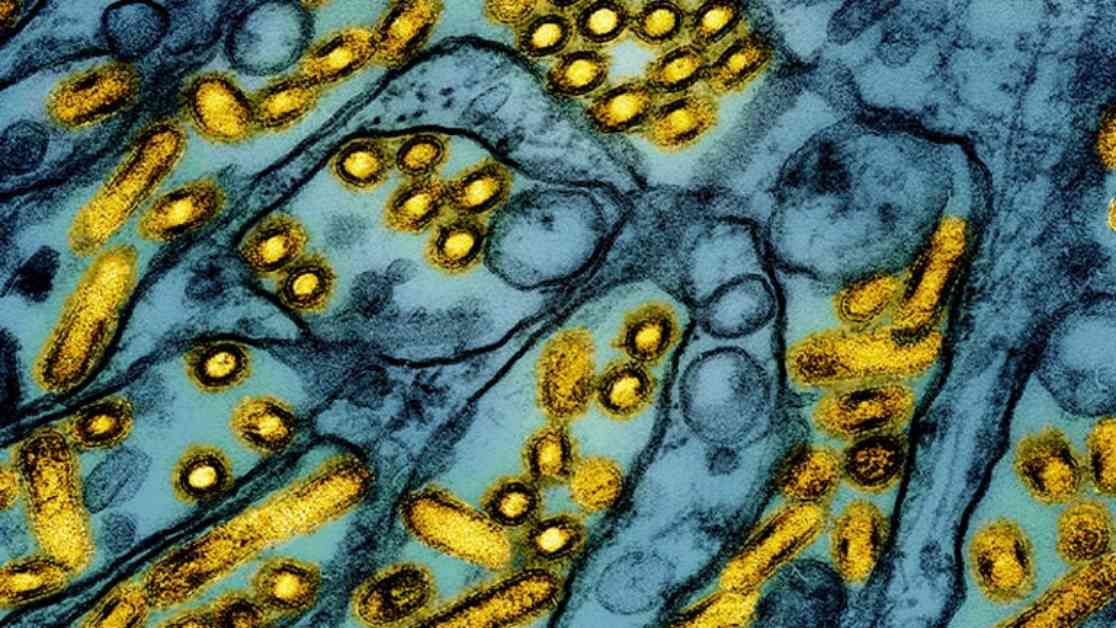Avian Influenza Strikes Vermont Backyard Flock
In a shocking development last week, a small backyard flock of birds in Vermont tested positive for highly pathogenic avian influenza (HPAI), also known as H5N1 bird flu. This strain is different from the one affecting dairy cows across the country, according to state health officials. The Vermont Agency of Agriculture, Food and Markets revealed that the HPAI was detected in a non-commercial, non-poultry backyard flock in Franklin County just before Christmas.
The owner of the flock reported the first dead bird on December 18, with more birds succumbing to the illness shortly after. The flock, which included quail, guinea fowl, ducks, and chickens, was promptly quarantined and euthanized to prevent the spread of the disease. Fortunately, there have been no human cases reported in New England during this outbreak, and the agency emphasized that HPAI poses a low risk to humans.
Implications and Precautions
Despite the low risk to the public, the virus remains lethal to many bird species. This localized outbreak serves as a stark reminder for poultry owners, farmers, and hunters to promptly report any sick or dead birds they come across. The Vermont Agency of Agriculture, Food and Markets stressed the importance of vigilance in monitoring bird health.
Additionally, the agency released guidelines for individuals who hunt wild birds or maintain bird feeders for songbirds, emphasizing the importance of avoiding direct contact with sick or dead birds. Moreover, the CDC confirmed the first severe case of H5N1 bird flu, highlighting the potential dangers associated with the virus’s mutation to become more transmissible.
Reporting and Prevention
Any Vermont residents who encounter dead or sick birds are encouraged to alert the USDA or Vermont authorities promptly. Reporting such cases can help contain the spread of the virus and protect both wildlife and domestic bird populations. To prevent potential exposure to H5N1, individuals are advised to consume only pasteurized milk, as the virus can survive in raw milk for an extended period under refrigeration.
As we navigate this evolving situation, it is crucial for the community to remain vigilant and proactive in safeguarding public health. By staying informed and following recommended precautions, we can collectively combat the spread of avian influenza and protect both human and animal populations from its harmful effects.
About the Author
Molly Farrar, a dedicated reporter for Boston.com, covers a wide range of topics, including education, politics, and crime. Her commitment to delivering accurate and timely news ensures that readers stay informed about critical issues affecting their communities. Stay up-to-date with the latest headlines by signing up for Boston.com Today to receive daily updates straight to your inbox.






